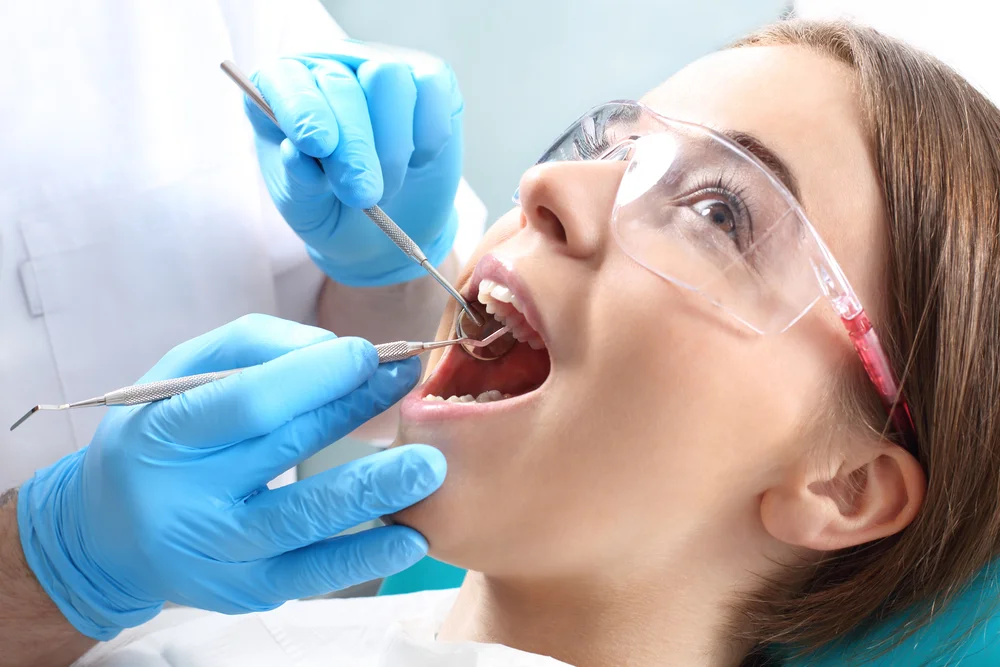As a leading dentist in London, we understand that dental crowns and bridges play a crucial role in restoring the function and aesthetics of your smile. If you’re considering dental crowns and bridges in London, it’s essential to understand their lifespan and how to maintain them for long-lasting results. Let’s explore the factors that determine the longevity of dental crowns and bridges and what you can expect from these restorative treatments.
- What are dental crowns and bridges? Dental crowns and bridges are prosthetic devices used to repair damaged or missing teeth. Crowns are custom-made caps that fit over a damaged tooth to restore its shape, size, and strength. Bridges, on the other hand, are used to replace one or more missing teeth by anchoring artificial teeth (pontics) to adjacent natural teeth or dental implants.
- How long do dental crowns and bridges last? The lifespan of dental crowns and bridges in London can vary depending on several factors, including the quality of materials used, your oral hygiene habits, and regular dental check-ups. On average, dental crowns and bridges can last anywhere from 5 to 15 years or more with proper care and maintenance.
- Factors that affect the lifespan of dental crowns and bridges:
- Material: Dental crowns and bridges can be made from various materials, including porcelain, ceramic, metal, or a combination of these. Porcelain crowns and bridges tend to mimic the natural appearance of teeth but may be more prone to chipping or cracking compared to metal-based restorations.
- Oral hygiene: Maintaining good oral hygiene practices, such as brushing twice a day, flossing daily, and attending regular dental check-ups, can help prolong the lifespan of your dental crowns and bridges.
- Bite force: Excessive pressure from teeth grinding (bruxism) or chewing on hard objects can weaken or damage dental crowns and bridges over time.
- How to extend the lifespan of your dental crowns and bridges:
- Practice good oral hygiene: Brush and floss regularly to remove plaque and prevent decay around the margins of your dental crowns and bridges.
- Avoid chewing on hard or sticky foods: Minimize the risk of damaging your dental restorations by avoiding foods that are excessively hard or sticky.
- Attend regular dental check-ups: Visit a dental office near you in London for routine examinations and cleanings to monitor the condition of your dental crowns and bridges and address any issues early on.
In conclusion, dental crowns and bridges in London are durable and long-lasting solutions for restoring damaged or missing teeth. By understanding the factors that influence their lifespan and practicing good oral hygiene habits, you can enjoy the benefits of your dental restorations for many years to come. If you have any concerns about your dental crowns and bridges or would like to schedule a consultation, contact our dental office today for personalized care and guidance.


